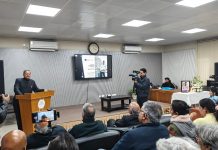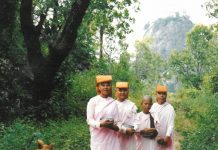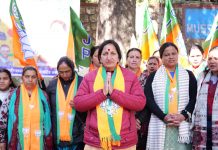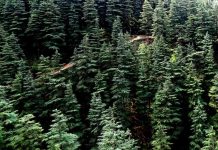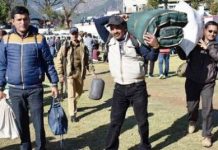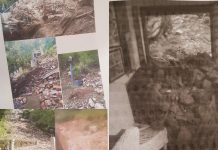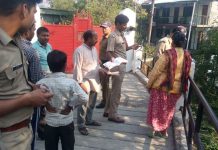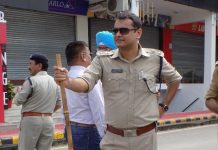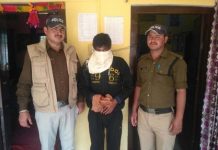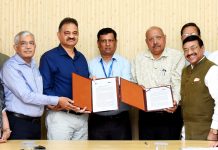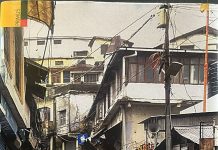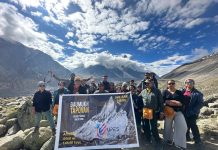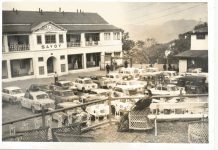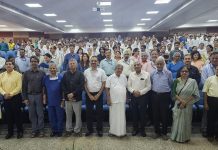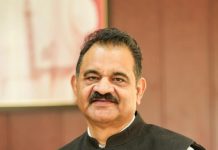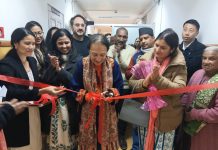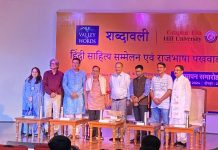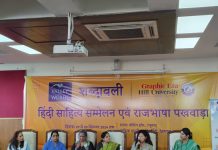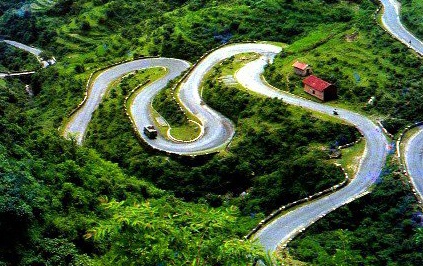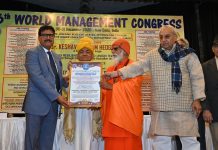Mussoorie, Home to work, work to home, for many years now I have been travelling the 33-kilometer stretch between Mussoorie and Dehradun. All these years one tends to take for granted the ease with which this road snakes up the mountain.
We do it almost by rote without a thought for those early pioneers. It is men like John MacKinnon, our Scotsman who started work on this road to bring up bullock-carts to his brewery at the western end of town in what is now Baasi Estate.
Inch by inch the road gained a grip, the foothills were subdued to make this the gentlest approach to any hill station in India. Reports of landslides made the road open to public only in 1929-30, who took full advantage of motor travel both ways. Numerous viaducts or an overpass bridge, have stood the onslaught of time and have borne with pride the increase in traffic, while our recent bridges elsewhere collapse like a house of cards.
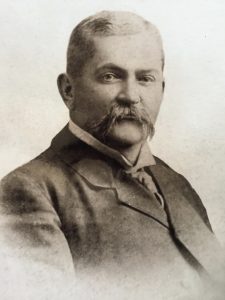
In 1926, a loan was obtained from the United Provinces Government to get the road to village Bhatta. In the year 1930, the terminus crept up to Sunny View or Douglas Dale Spring. It was six years later in 1936, Barrister Darshan Lal, the then-Chairman of the Municipal Board helped bring the road to Kingcraig.
‘The road will bring us more trade,’ explained MacKinnon. And was he right!
The first buses to ply between Mussoorie and Dehradun were owned by the Gwalior and Northern India Transport Company. In the third week of June 1920, a model-T Ford negotiated the Cart Road up to the Library for the first time, driven by Col. E.W. Bell who said, ‘all gradients met with were negotiated with ease, safety and without the least difficulty.’
John MacKinnon needs no statue’s or memorials or round-about named after him, his viaducts and the Mussoorie Cart Road stand as an ultimate remembrance of men who were bigger than these mountains.

